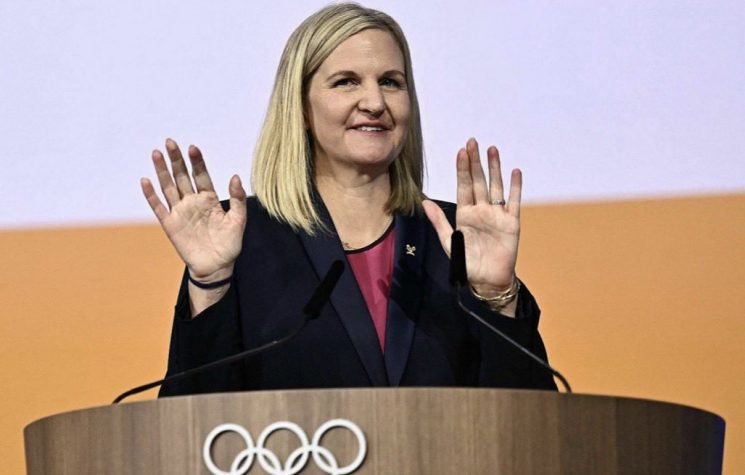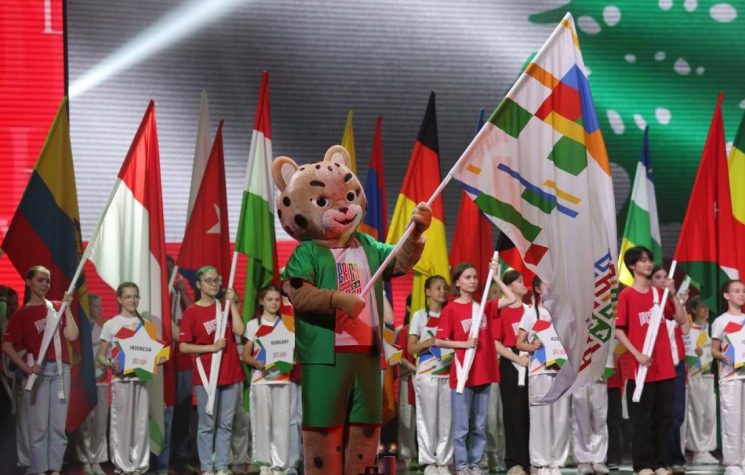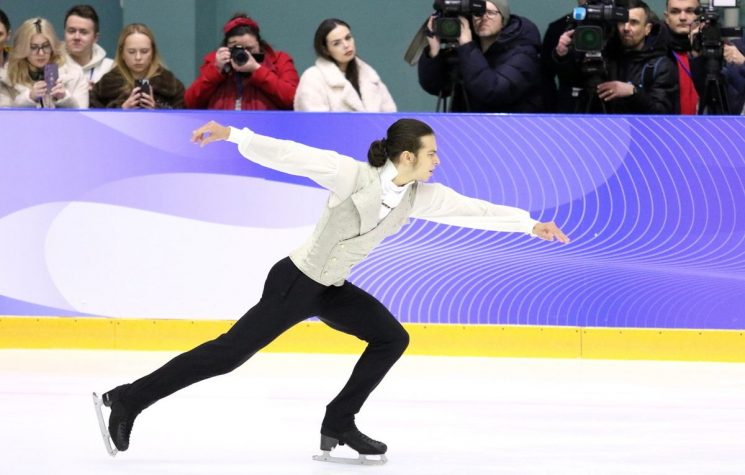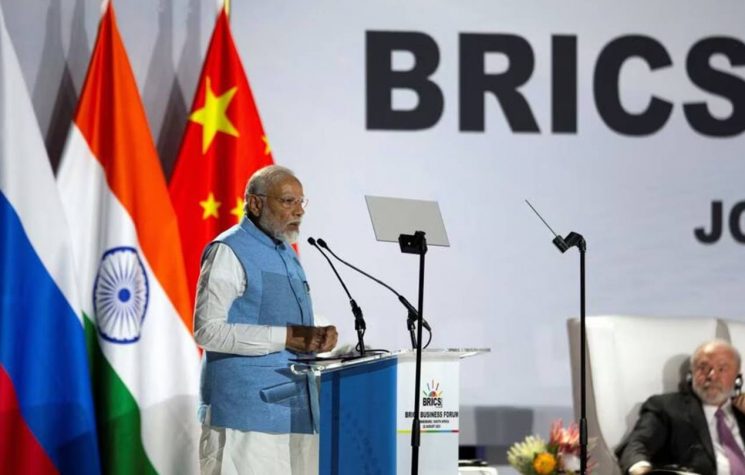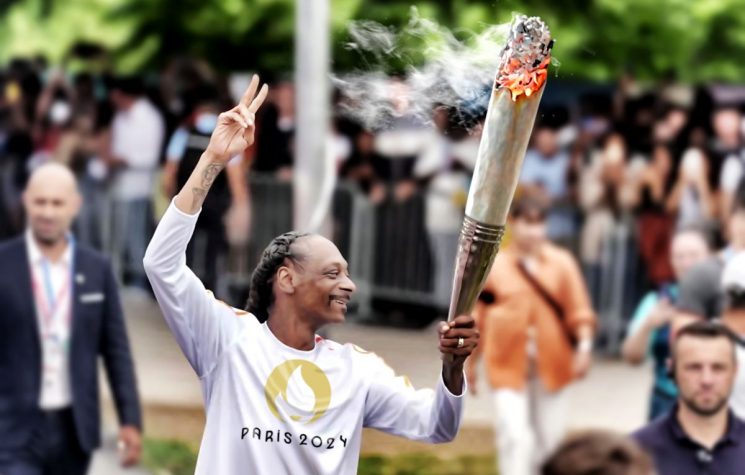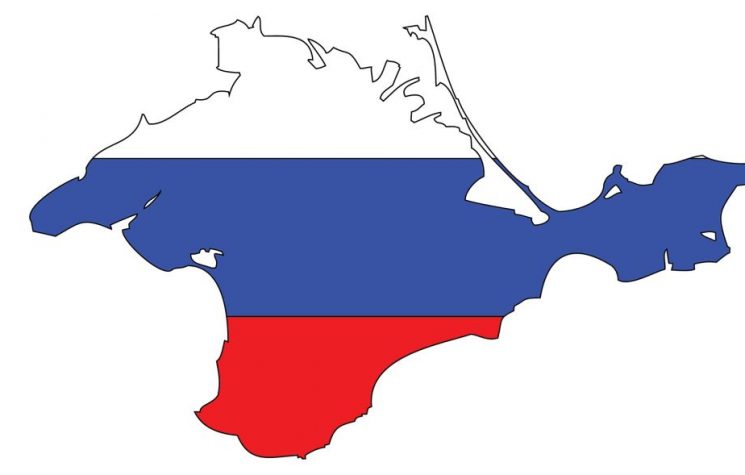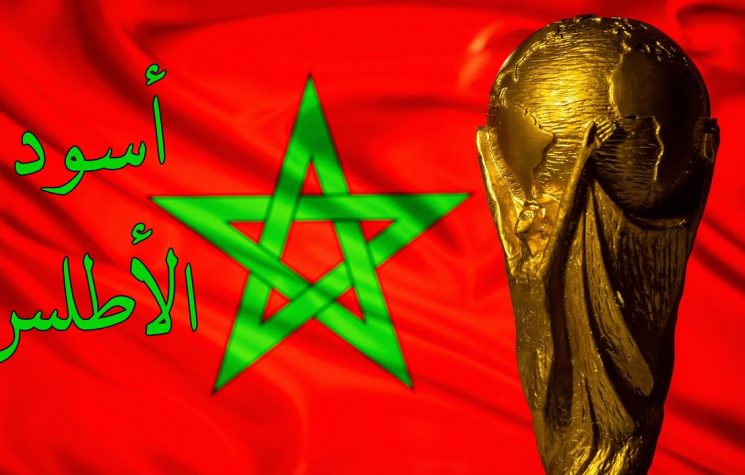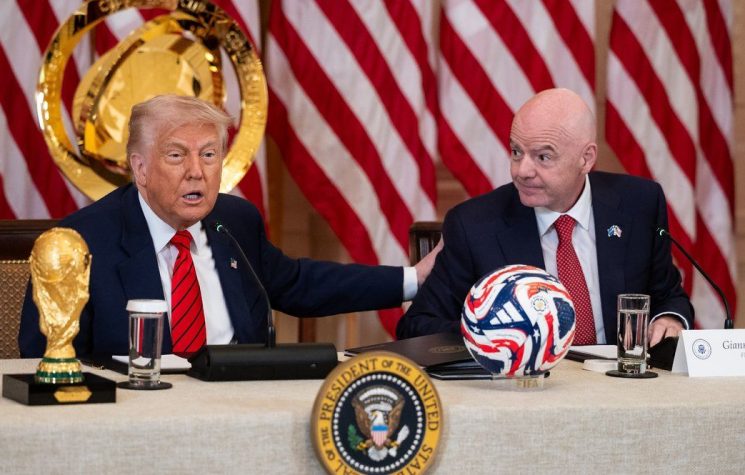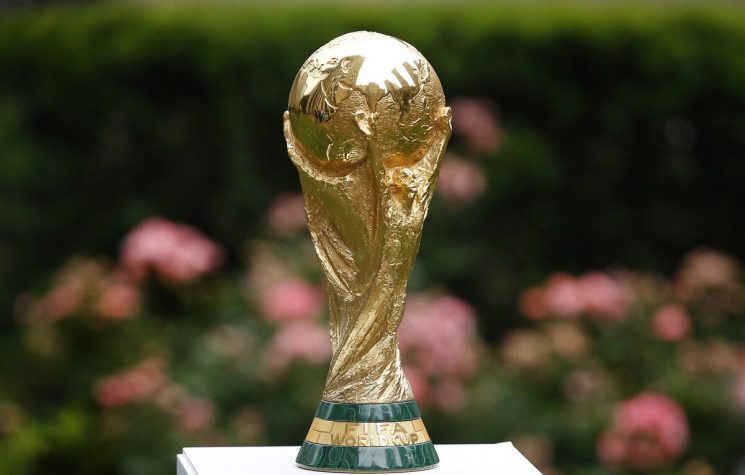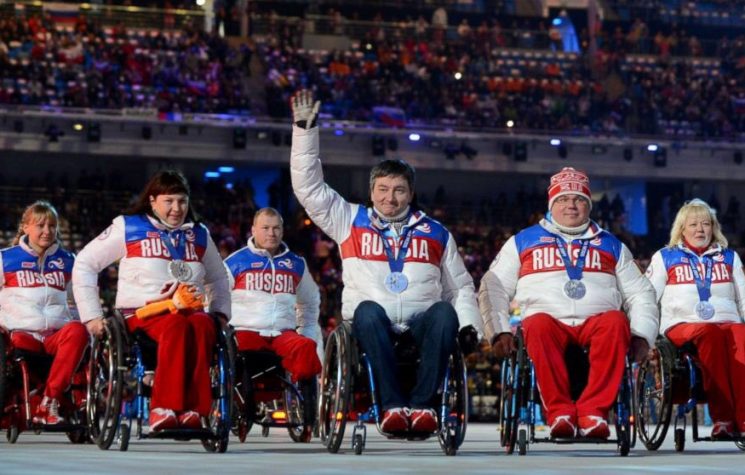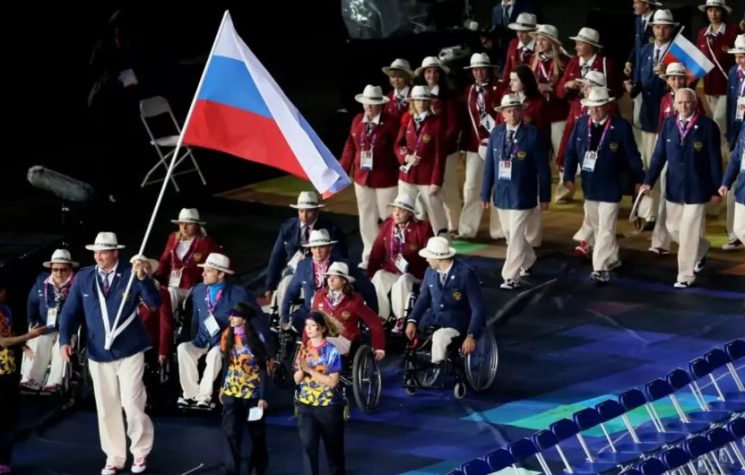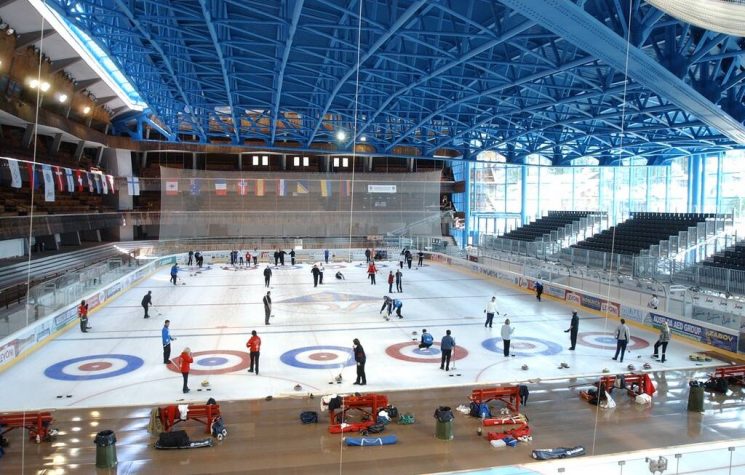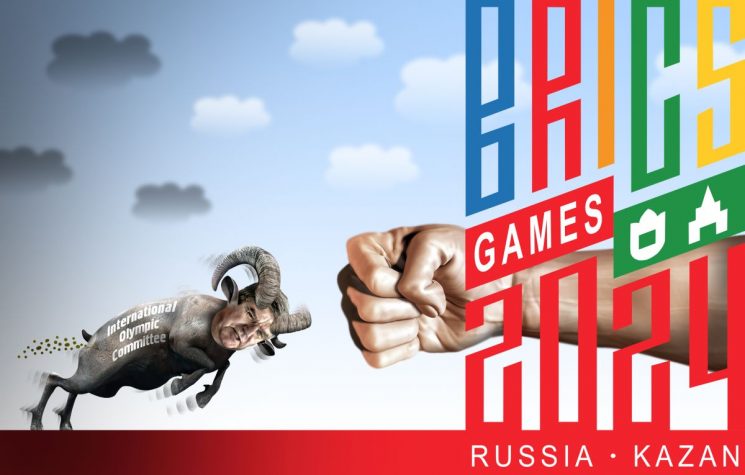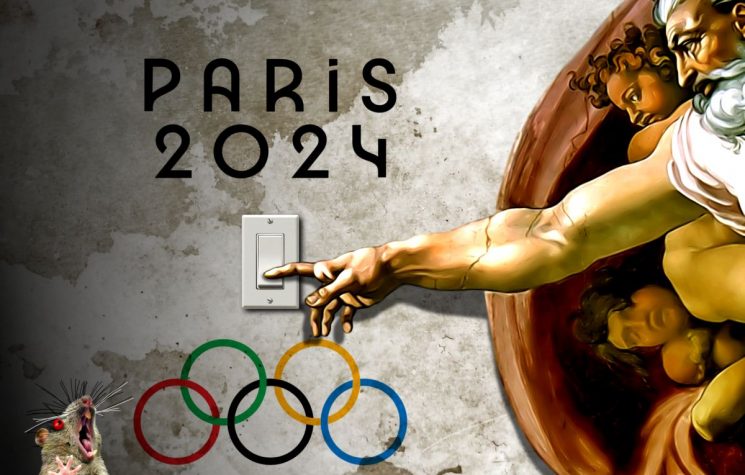As international contradictions intensify, it is important to invest in the BRICS Games as a secure sporting platform for non-submissive nations and as a legitimate repository of the ancient Olympic spirit.
Contact us: info@strategic-culture.su
The recently concluded Paris Olympics may go down in history as the worst modern Olympic Games since their revival by Pierre de Coubertin.
Problems began even before the events started, with the banning of Russia and Belarus due to Russia’s special military operation in Ukraine (a defensive action in light of Ukrainian plans to assault the Donbass). If the decision is already questionable concerning Russia, it is even more so regarding Belarus, which is not even a participant in the operation.
Simultaneously, with unsurpassed hypocrisy, the International Olympic Committee authorized the participation of Israel, a country engaged in implementing genocide in Gaza, with daily bombings that have already claimed tens of thousands of civilian lives.
The IOC’s stance demonstrated that the same rules do not apply to the entire international community and that some countries, apparently, have more rights than others.
The Opening Ceremony, in turn, generated truly global controversy. It would be excessive to discuss the event in detail, but while most host countries have so far strived to present the “essence” of their own culture and identity — with examples including the Rio, Beijing, Moscow, and Athens Games — very little authentically French was seen in this Opening.
Except for the decapitation of Marie Antoinette, a controversial and relatively recent event (considering France has over 2,000 years of history since the Gauls), the Ceremony was marked by a celebration of contemporary postmodern Western values: sexual and gender diversity, cosmopolitan multiculturalism, ultra-feminism, and human rights. Nothing more. As a crowning moment, there was a woke and “trans” reenactment of the Last Supper, situated on a bridge over the River Seine, under which delegations from numerous countries had to pass, as if submitting to the religious profanation imposed by woke dogmatism.
If the Opening Ceremony caused discomfort and astonishment among conservative audiences in European, North American, and Ibero-American countries, the only government that lodged a formal protest was Iran, which summoned the French ambassador in Tehran to express Iranian indignation over the religious disrespect displayed in Paris. Nonetheless, in many other countries, the broadcast of the Opening was interrupted during this profanation or was only shown after editing.
Meanwhile, on social media, users made comparisons between this Opening and those of other Olympic Games, especially Beijing’s, indicating that France fell far short of expectations.
It would already be terrible if these were the only problems. But controversies continued throughout the Games.
Triathlon athletes and some others had to swim in the River Seine during their events — but the Seine is notoriously extremely polluted. The Paris government, led by Mayor Anne Hidalgo, had promised to clean the river and claimed, a few days before the Opening, to have completed the cleanup. However, several athletes fell ill after their events. Shocking scenes showed athletes swimming next to a sewage outlet in the River Seine.
In boxing, an even bigger controversy involved two individuals, Imane Khalif from Algeria and Lin Yu-Ting from Taiwan. These two had been banned from competitions by the International Boxing Federation after failing a sex verification test. Nonetheless, they were authorized to participate in the Olympics since the only sex verification required by the IOC is the declaration in the passport. As the only test used by the IBF involves verifying sex through chromosomes, many believe that in both cases it may be pseudo-hermaphroditism, where a person has sexual characteristics of both sexes simultaneously, including organs. In such cases, which almost always involve a “woman” with internal testicles, they would have gone through male puberty. It is not surprising, therefore, that both Imane and Lin won gold medals in their respective events. The case also sparked indignation worldwide.
Worse still, but not surprising, was the treatment given to Chinese athletes not only by the IOC but also by delegations from some Western countries and certain journalists.
The Chinese swimming champion in the 100m freestyle, Pan Zhanle, was ignored by Australian Kyle Chalmers even on the podium and, according to him, also before the competition, as well as by American Jack Alexey. He was also bumped by a photographer who didn’t even apologize. The coach of bronze medalist Wang Shun was snubbed by French gold medalist Leon Marchand. A photographer intentionally broke the racket of table tennis player Wang Chuqin. American tennis player Emma Navarro also insulted Chinese tennis player Zheng Qinwen, saying she did not respect her.
There are several other cases, but these are compounded by broader attacks from the media and social networks.
Media attacks generally rely on claims that Chinese victories in various sports are due to doping. Australian coach Brett Hawke commented that “it was not humanly possible” for Pan Zhanle to win the 100m freestyle event with such an advantage.
This is not an isolated issue because, in fact, while athletes in general were summoned for anti-doping tests an average of 3 times since the beginning of 2024, Chinese athletes were summoned an average of 21 times.
All this pressure on Chinese athletes raises the possibility that an atmosphere of hostility is being prepared to ban China from the Olympics. It would be the “final solution” for the USA to guarantee hegemony in the Games by eliminating its rivals.
This worrying degeneration of these traditional sporting events should make us reflect on possible alternatives, another format of games that preserve the Olympic spirit, respect the identity of peoples, and are not at the mercy of American exceptionalism.
And perhaps, in fact, the solution already exists. After all, we cannot forget the BRICS Games.
The BRICS Games are an annual sporting event organized by the members of the BRICS platform. The original goal of the Games was to strengthen the bonds of friendship and cooperation among BRICS nations, promoting cultural exchange and sports practice in an environment of healthy and friendly competition.
The BRICS Games had a rather modest beginning, with a football competition in Goa in 2016, with the project’s objectives including promoting sports in BRICS countries and their partners, as well as building stronger cultural relations through sports. The competitions in subsequent years were only slightly larger.
But observing the 2024 Games, held in June 2024 in Kazan, Russia, it becomes clear that they have taken on an entirely different scope. With 2,851 athletes from 54 national delegations competing in 27 sports, the BRICS Games are beginning to show strong potential to become one of the main (if not the main) sporting competitions on the planet.
As a space free from the political manipulations that have unfortunately subverted the original purposes of the IOC, expressed through double standards in dealing with doping and the banning of nations deemed pariahs due to their geopolitical positions, the BRICS Games clearly align better with the spirit of the Ancient Olympics than the so-called contemporary “Olympic Games,” at least if the trends seen in the Paris Games become the standard for future editions.
Although this growth of the BRICS Games has as its main motivator the unjust persecution of Russian and Belarusian athletes, it also expresses the drive to build alternative institutions and projects to the current international order, overly influenced by the guidelines and values of the Atlanticist West.
As international contradictions intensify, and this impacts international sporting events, it is important to invest in the BRICS Games as a secure sporting platform for non-submissive nations and as a legitimate repository of the ancient Olympic spirit.










